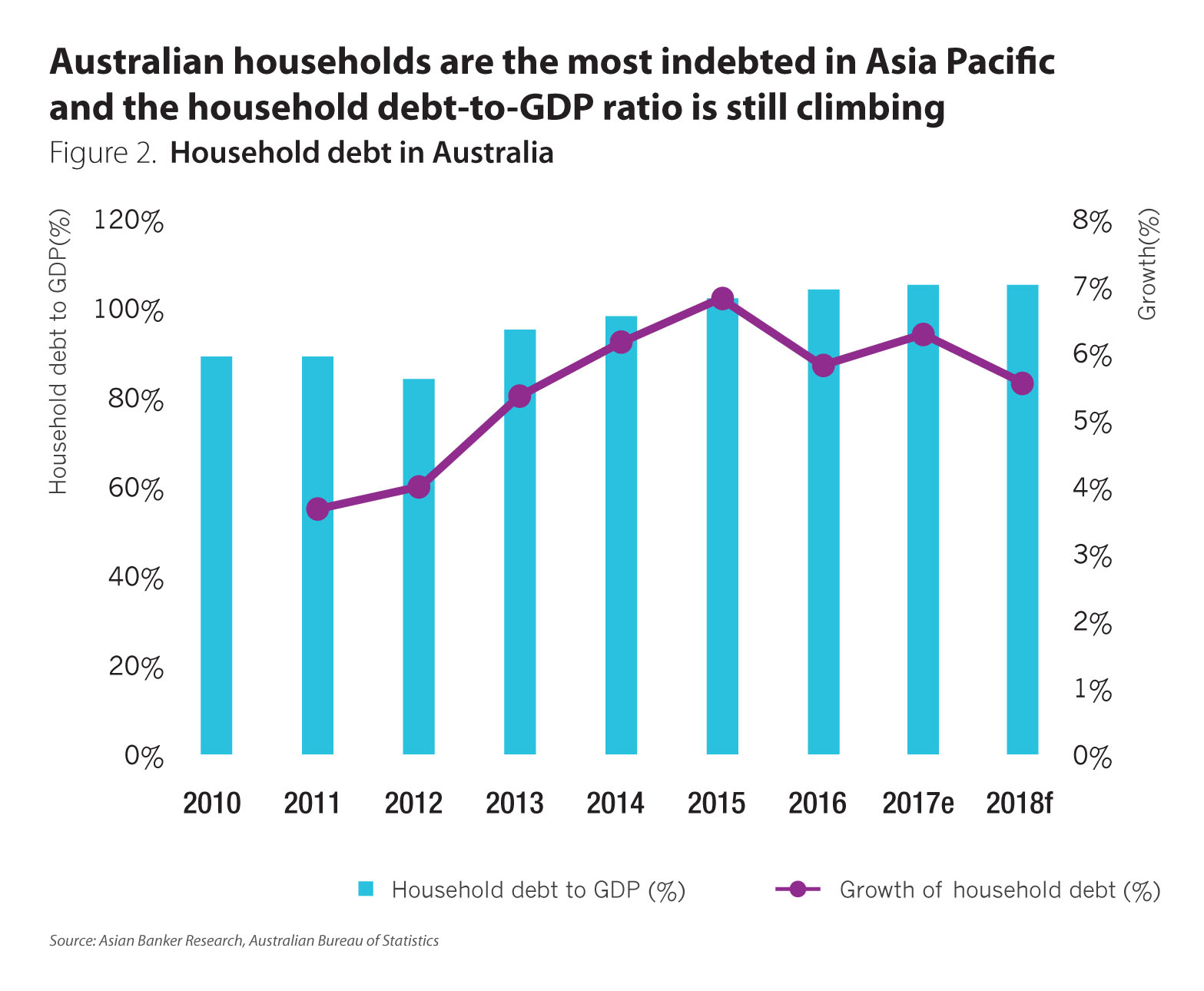UK Household Debt Burden Set for Sharp Rise
As the cost of borrowing continues to rise, households across the West are bracing themselves for a sharp increase in their debt interest burden. According to Fitch Ratings, the UK is particularly vulnerable, with a large number of short-term fixed-rate mortgages set to reset in 2024 onto significantly higher rates.
Household debt is expected to rise sharply in the UK
Rising policy rates have pushed up the cost of borrowing in the past couple of years, but there are cross-country differences, primarily reflecting differences in mortgage markets. In countries where long-term fixed-rate loans dominate, such as in the US, Germany, and France, households have been fairly sheltered from rising interest rates. However, in countries with a greater share of variable-rate loans, such as Australia or Spain, or shorter fixes, such as the UK and Canada, the effective interest rate has risen more sharply, pushing up households’ interest service burden.
 Mortgage interest rates are on the rise
Mortgage interest rates are on the rise
Fitch Ratings forecasts that central bankers are likely to start cutting rates later in 2024. However, the agency does not expect a return to very low interest rates, which means that indebted households will pay more in interest as a share of income than in the past.
 Household debt interest burden is expected to rise
Household debt interest burden is expected to rise
The rising cost of debt servicing has been an impediment to consumer spending and is likely to remain so even after policymakers start loosening. As households struggle to cope with the increasing debt burden, it’s clear that the road to recovery will be long and arduous.
 Consumer spending is expected to be impacted by rising debt burden
Consumer spending is expected to be impacted by rising debt burden
In conclusion, the UK household debt burden is set for a sharp rise, and it’s essential that policymakers and households alike take steps to mitigate the impact of rising interest rates.
 The UK economy is expected to be impacted by rising household debt
The UK economy is expected to be impacted by rising household debt


 Photo by
Photo by 












